
Finish What You Start
I buy used books whenever I can. The books are almost always in really good condition, and come at half the price. Some books you’d never even be able to tell are used.

I buy used books whenever I can. The books are almost always in really good condition, and come at half the price. Some books you’d never even be able to tell are used.
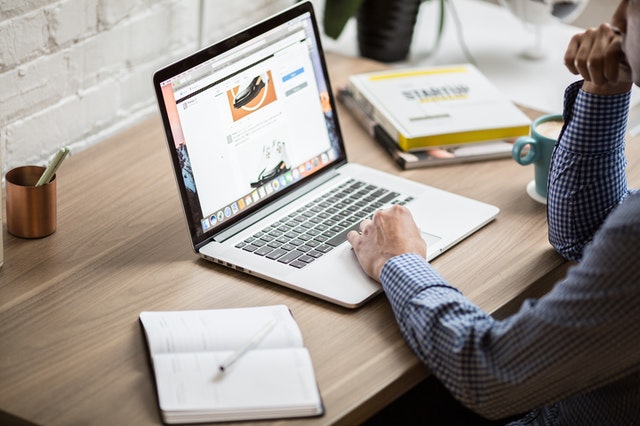
I often hear people talk about personal finance like there is only one pathway to success. “Do this, not that” “The only way to get wealthy…” “That way is for suckers” “The only way is to make more” “Nothing else will work”

We all need to take a break and have fun now and then. Some call it a vacation, others call it a trip, travel, or holiday. Whatever you call it, we all need to hit the pause button on daily life and get away now and then.

We’ve all heard about the lottery winner going broke after 3 years. Or the celebrity declaring bankruptcy 5 years after their prime. Being successful with personal finance is really about the process. And a huge part of the process is creating healthy financial habits.

Should you pay off debt or invest? There are so many answers out there—it’s confusing. One financial expert says to pay off all debt first, while another says invest before anything else. Your parents both think you should pay off debt before doing anything, while your aunt says you have to start investing young.
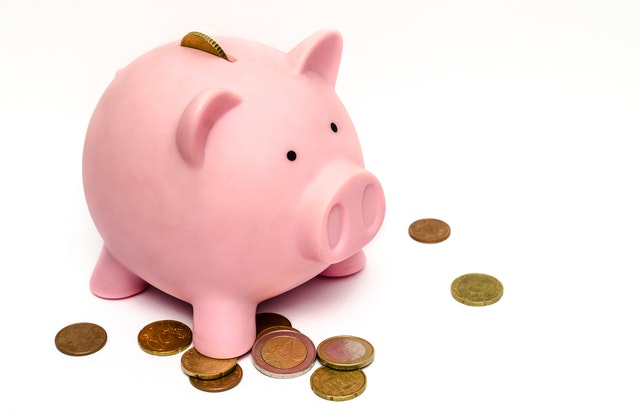
Personal finance can be like a rollercoaster. Money left over in the checking account one month, an onslaught of unexpected expenses the next month. 3 or 4 good months in a row followed by 1 or 2 not so good months. This is completely normal.

Most people equate shopping to buying things like clothes, cars, and electronics. It’s exciting, fun, and cool. When people think of saving and investing, words and phrases like “boring”, “long term future”, and “I’m becoming my parents” comes to mind. The future seems so far away, while buying cool stuff is right now.
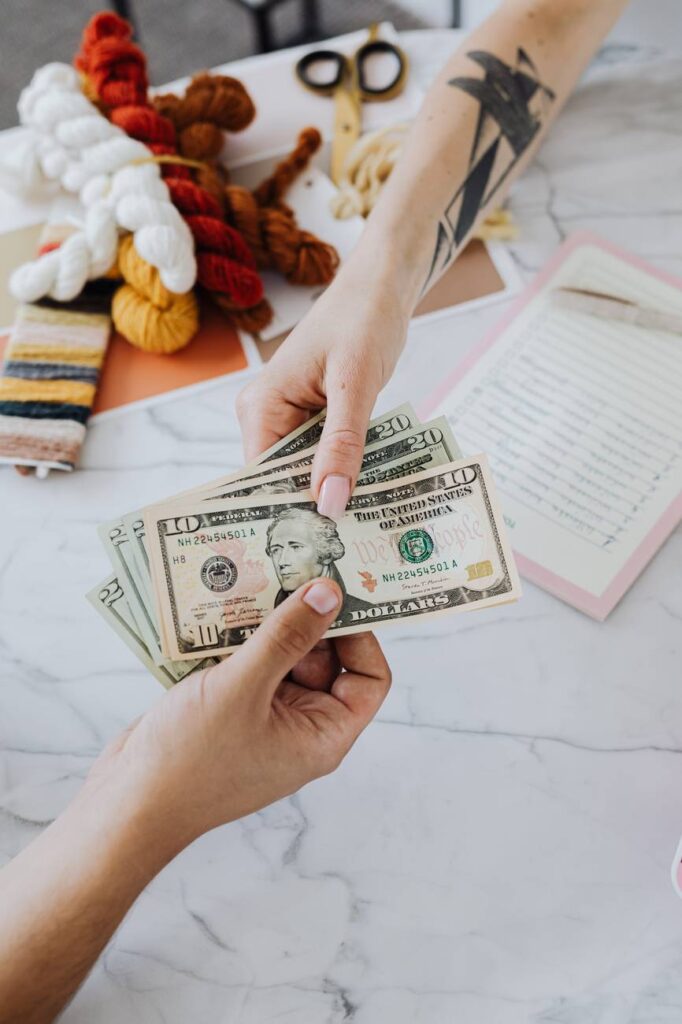
Lifestyle creep is arguably one of the biggest barriers to wealth building. It’s running in quicksand, spinning on the proverbial hamster wheel. Working hard every month but never getting ahead financially. There is one simple and easy way to avoid lifestyle creep that anyone can do with very little effort and time.
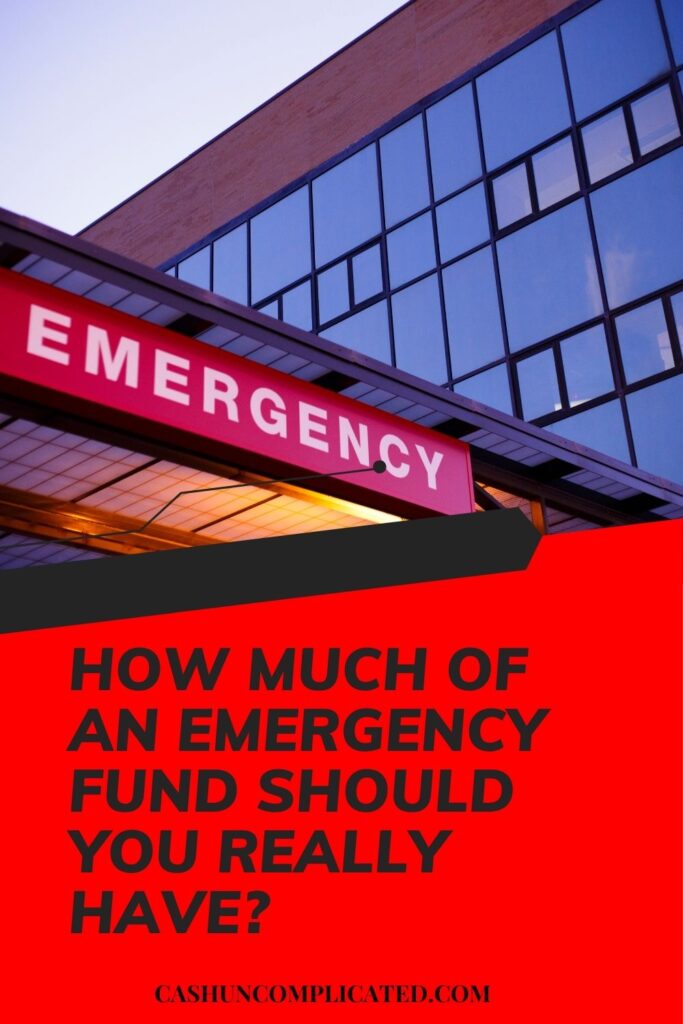
One of the most common personal finance questions I hear is how much should you have in your emergency account. So many of the “experts” give different answers. 3-6 months, $3,000-$5,000, 9 months, one-year minimum, two years. The answers are all over the place—it can be seriously confusing.

Assuming a consistent rate of return, the more money you invest, the more rapidly your money grows. That’s a fairly easy principle to understand. The challenging part is finding a way to actually invest more money. This article will discuss six ways to do just that.

As much as I like to plan my financial future, I understand there are a lot of money variables. Nobody knows exactly what the future
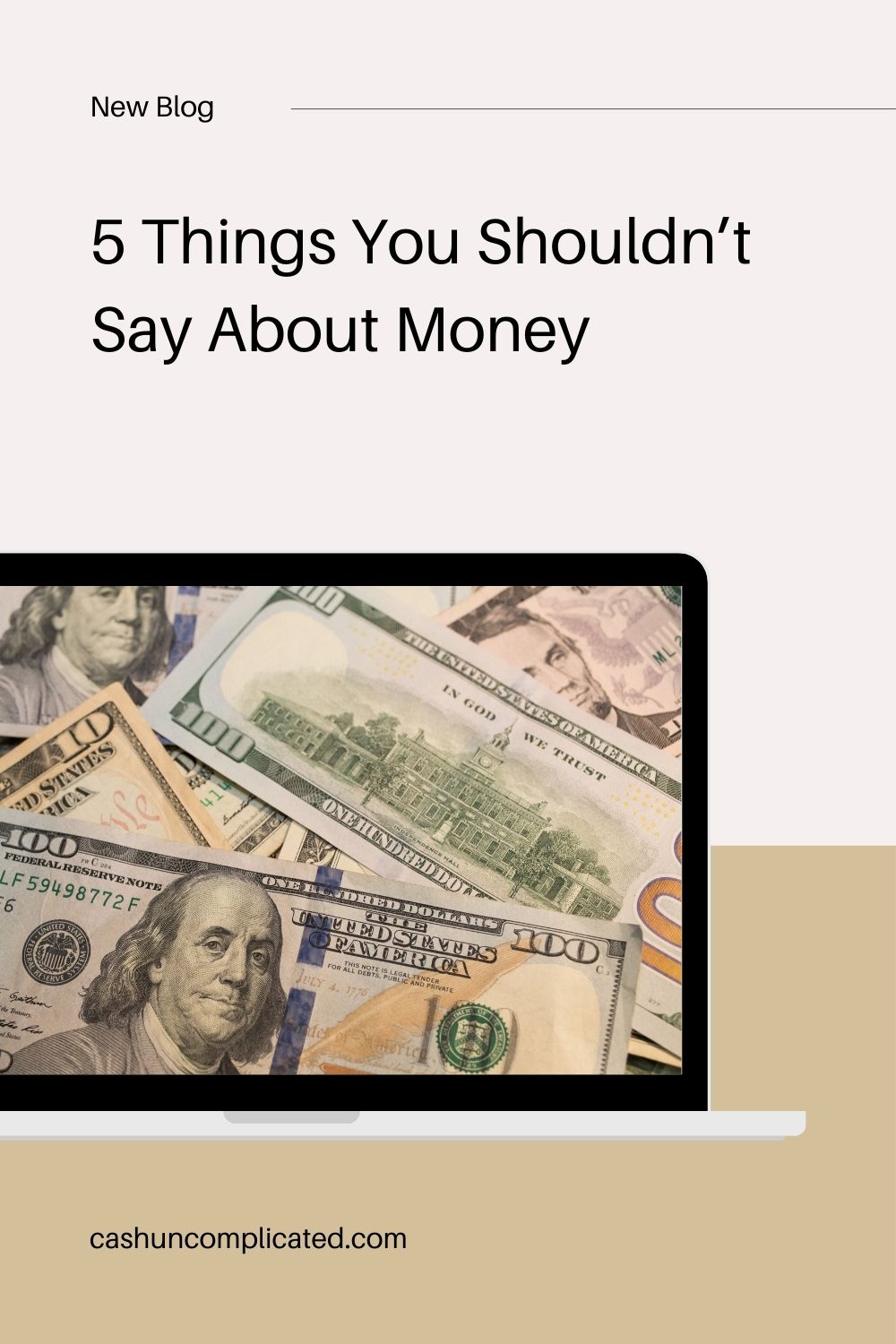
As I shared in my book Cash Uncomplicated, I had tons of misconceptions about money. There were a lot of things I said about money

When you think of retirement, you probably think of a silver haired person in their 60’s and up. Someone who has reached financial independence and

Have you ever seen that investment that seems too good to be true on the surface? Only to find out after a little digging that